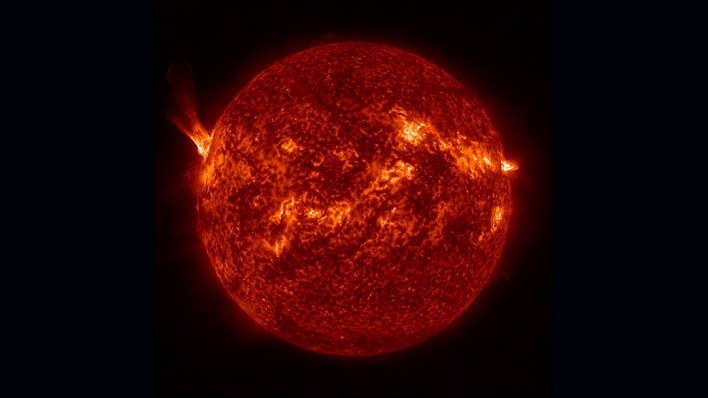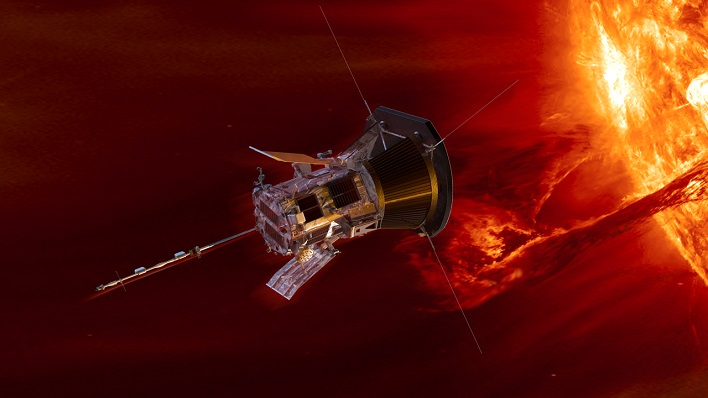Rumors Of A Massive Internet Apocalypse Triggered By Solar Storms Are Greatly Exaggerated
Sangeetha Abdu Jyuothi submitted a study in 2021 that looked into how to prepare for a possible "black swan" event, namely an "internet apocalypse". She postulated that the daily lives of all humans could be significnatly impacted by a massive solar superstorm causing large-scale internet outages across the globe, lasting up to several months. Jyouthi likened an event of this nature to the recent pandemic, which triggered a tumultuous period that is still affecting us to this day.
The use of the phrase 'internet apocalypse' was resurrected recently in a new study concerning data collected by NASA's Parker Solar Probe. The authors of the study said understanding how and where solar wind originates will help predict solar storms that could potentially have devastating effects on satellites, the electrical grid, and even communication networks such as the internet.

What needs to be pointed out about the recent headlines is that NASA has never issued any type of warning using the term 'internet apocalypse'. Also, while the Sun is expected to reach the peak of its current activity cycle sometime in 2024-2025, and scientists do expect major solar storms to occur after reaching its peak, there is currently no evidence that it will generate a strong enough superstorm to cause an internet outage.

The good news is, if a solar superstorm were to ever occur, there are safeguards in place to help give us Earthlings a warning up to 30 minutes in advance. One of those is an artificial intelligence model created by Upendran and his team. In regard to his model, Upendran remarked, "The major strength of our model is that it can provide forecasts within seconds, and gives results every minute with a time horizon of 30 minutes."
Upendran hopes that this type of early warning system would give enough time for satellite operators, power grid managers, and telecommunication companies to take their systems offline temporarily to reduce damage and avoid any long-term outages, hopefully protecting us against an actual 'internet apocalypse'.


